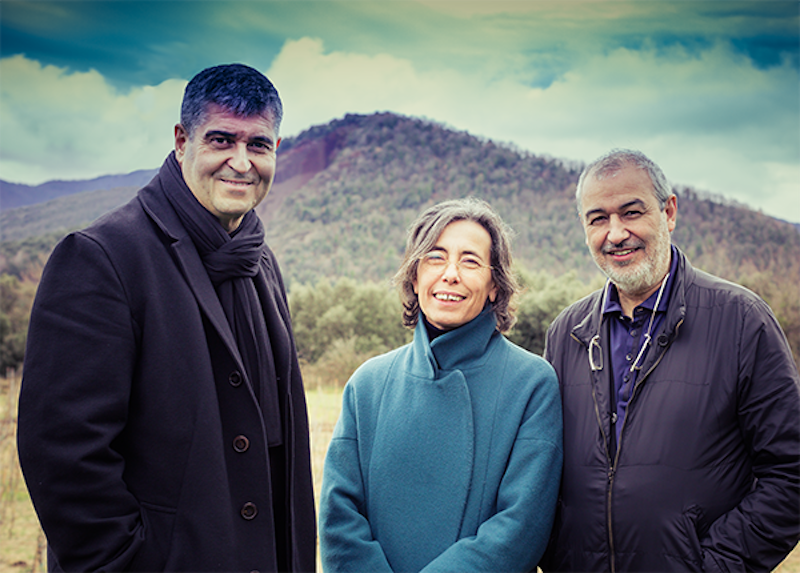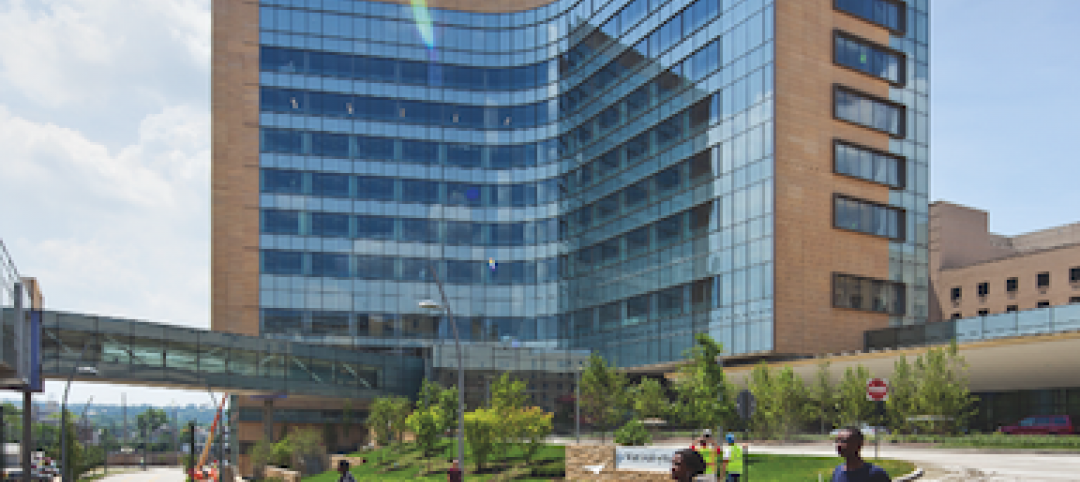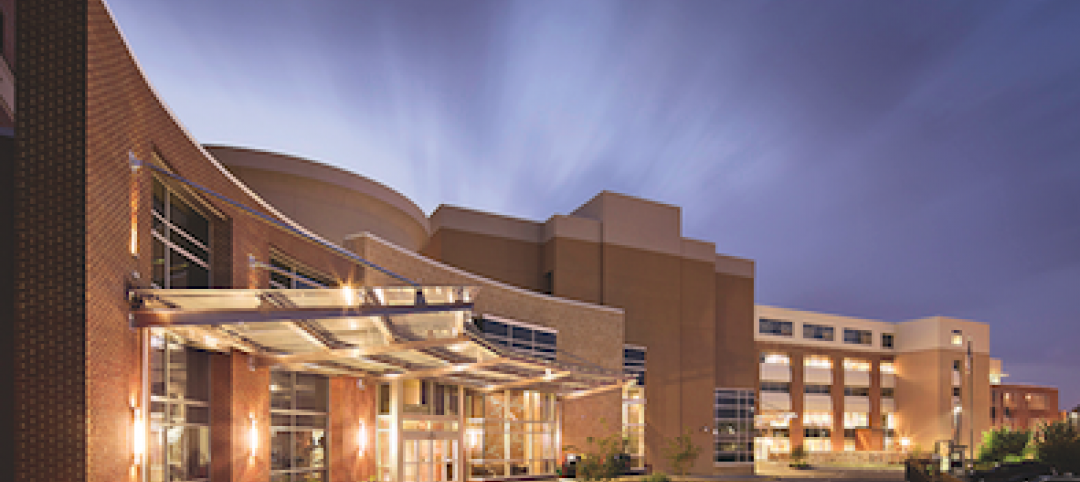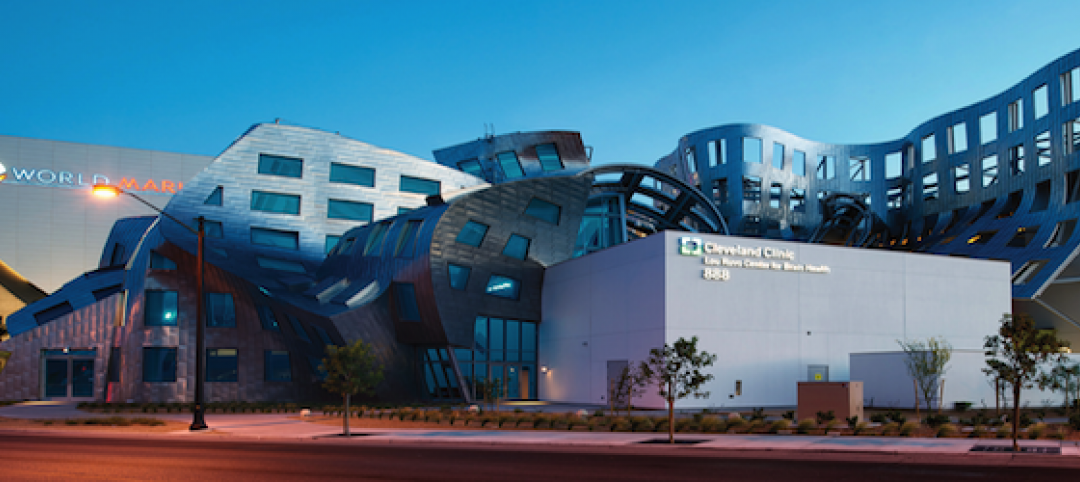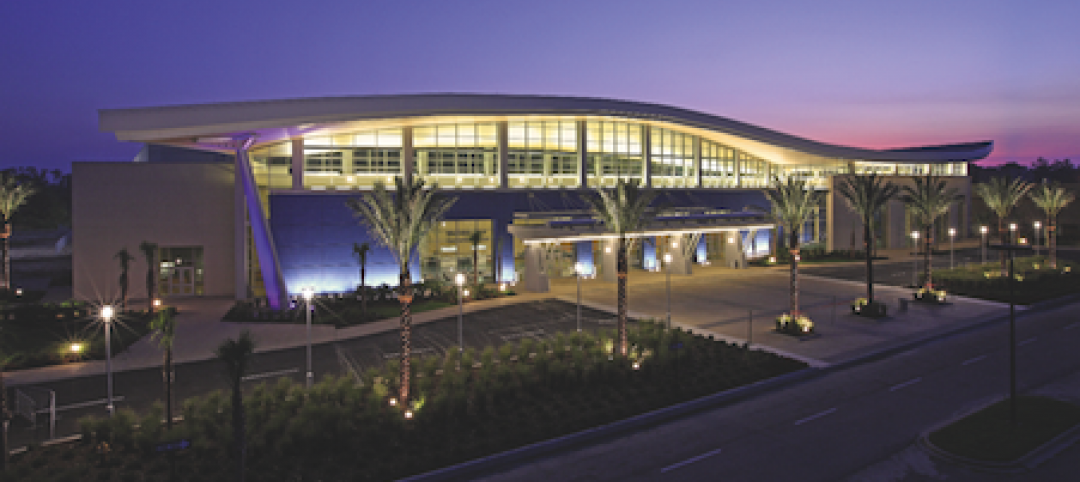Rafael Aranda, Carme Pigem and Ramon Vilalta have been selected as the 2017 Pritzker Architecture Prize Laureates, announced Tom Pritzker, Chairman of Hyatt Foundation, which sponsors the award that is known internationally as architecture’s highest honor.
The three architects, originating from Olot, in the Catalonian region of Spain, have worked together collaboratively since founding their firm RCR Arquitectes, in their hometown in 1988. Their work demonstrates an unyielding commitment to place and its narrative, to create spaces that are in discourse with their respective contexts. Harmonizing materiality with transparency, Aranda, Pigem and Vilalta seek connections between the exterior and interior, resulting in emotional and experiential architecture.
Mr. Pritzker says, “The jury has selected three architects who have been working collaboratively for nearly three decades. Mr. Aranda, Ms. Pigem and Mr. Vilalta have had an impact on the discipline far beyond their immediate area. Their works range from public and private spaces to cultural venues and educational institutions, and their ability to intensely relate the environment specific to each site is a testament to their process and deep integrity.”
Mr. Aranda, Ms. Pigem, and Mr. Vilalta represent the first time that three architects together are honored with the prize. Their intensely collaborative way of working together, where the creative process, commitment to vision and all responsibilities are shared equally, led to the selection of the three individuals for this year’s award. As the winners of the 39th edition of the Prize, it is the second time that laureates hail from Spain, following Rafael Moneo who received the award in 1996. In response to being named the 2017 Laureates of the Pritzker Prize, Ms. Pigem states: “It is a great joy and a great responsibility. We are thrilled that this year three professionals, who work closely together in everything we do, are recognized.”
The locally-based architects evoke universal identity through their creative and extensive use of modern materials including recycled steel and plastic. “They’ve demonstrated that unity of a material can lend such incredible strength and simplicity to a building,” says Glenn Murcutt, Jury Chair. “The collaboration of these three architects produces uncompromising architecture of a poetic level, representing timeless work that reflects great respect for the past, while projecting clarity that is of the present and the future.” As such, an early 20th century foundry has become their office, Barberí Laboratory (2007), and many remnants of the original building have remained, blended with highly contrasting, new elements, which were added only where essential.
Notable projects include La Cuisine Art Center (Nègrepelisse, France, 2014), Soulages Museum in collaboration with G. Trégouët (Rodez, France, 2014), La Lira Theater Public Open Space in collaboration with J. Puigcorbé (Ripoll, Girona, Spain, 2011), Les Cols restaurant marquee (Olot, Girona, Spain, 2011), El Petit Comte Kindergarten in collaboration with J. Puigcorbé (Besalú, Girona, Spain, 2010), Bell-Lloc Winery (Palamós, Girona, Spain, 2007), Sant Antoni - Joan Oliver Library, Senior Citizen’s Center and Cándida Pérez Gardens (Barcelona, Spain, 2007), and Tossol-Basil Athletics Track (Olot, Girona, Spain, 2000).
The 2017 Pritzker Prize Jury Citation says, in part, “we live in a globalized world where we must rely on international influences, trade, discussion, transactions, etc. But more and more people fear that because of this international influence…we will lose our local values, our local art, and our local customs…Rafael Aranda, Carme Pigem and Ramon Vilalta tell us that it may be possible to have both. They help us to see, in a most beautiful and poetic way, that the answer to the question is not ‘either/or’ and that we can, at least in architecture, aspire to have both; our roots firmly in place and our arms outstretched to the rest of the world.”
In 2013 Mr. Aranda, Ms. Pigem and Mr. Vilalta founded RCR BUNKA Foundation to support architecture, landscape, arts and culture throughout society. They have been consultant architects to the Natural Park of the Volcanic Zone of La Garrotxa since 1989. Much of their work may be seen throughout Catalonia, Spain and greater Europe. They remain based in Olot.
This year, the Pritzker Prize ceremony will take place at the State Guest House, Akasaka Palace in Tokyo, Japan, on May 20, 2017.
Related Stories
| Oct 13, 2010
Editorial
The AEC industry shares a widespread obsession with the new. New is fresh. New is youthful. New is cool. But “old” or “slightly used” can be financially profitable and professionally rewarding, too.
| Oct 13, 2010
Test run on the HP Z200 SFF Good Value in a Small Package
Contributing Editor Jeff Yoders tests a new small-form factor, workstation-class desktop in Hewlett-Packard’s line that combines performance of its minitower machine with a smaller chassis and a lower price.
| Oct 13, 2010
Prefab Trailblazer
The $137 million, 12-story, 500,000-sf Miami Valley Hospital cardiac center, Dayton, Ohio, is the first major hospital project in the U.S. to have made extensive use of prefabricated components in its design and construction.
| Oct 13, 2010
Thought Leader
Sundra L. Ryce, President and CEO of SLR Contracting & Service Company, Buffalo, N.Y., talks about her firm’s success in new construction, renovation, CM, and design-build projects for the Navy, Air Force, and Buffalo Public Schools.
| Oct 13, 2010
Hospital tower gets modern makeover
The Wellmont Holston Valley Medical Center in Kingsport, Tenn., expanded its D unit, a project that includes a 243,443-sf addition with a 12-room operating suite, a 36-bed intensive care unit, and an enlarged emergency department.
| Oct 13, 2010
Modern office design accentuates skyline views
Intercontinental|Exchange, a Chicago-based financial firm, hired design/engineering firm Epstein to create a modern, new 31st-floor headquarters.
| Oct 13, 2010
Hospital and clinic join for better patient care
Designed by HGA Architects and Engineers, the two-story Owatonna (Minn.) Hospital, owned by Allina Hospitals and Clinics, connects to a newly expanded clinic owned by Mayo Health System to create a single facility for inpatient and outpatient care.
| Oct 13, 2010
Biloxi’s convention center bigger, better after Katrina
The Mississippi Coast Coliseum and Convention Center in Biloxi is once again open for business following a renovation and expansion necessitated by Hurricane Katrina.
| Oct 13, 2010
Tower commemorates Lewis & Clark’s historic expedition
The $4.8 million Lewis and Clark Confluence Tower in Hartford, Ill., commemorates explorers Meriwether Lewis and William Clark at the point where their trek to the Pacific Ocean began—the confluence of the Mississippi and Missouri Rivers.
| Oct 13, 2010
Maryland replacement hospital expands care, changes name
The new $120 million Meritus Regional Medical Center in Hagerstown, Md., has 267 beds, 17 operating rooms with high-resolution video screens, a special care level II nursery, and an emergency room with 53 treatment rooms, two trauma rooms, and two cardiac rooms.


